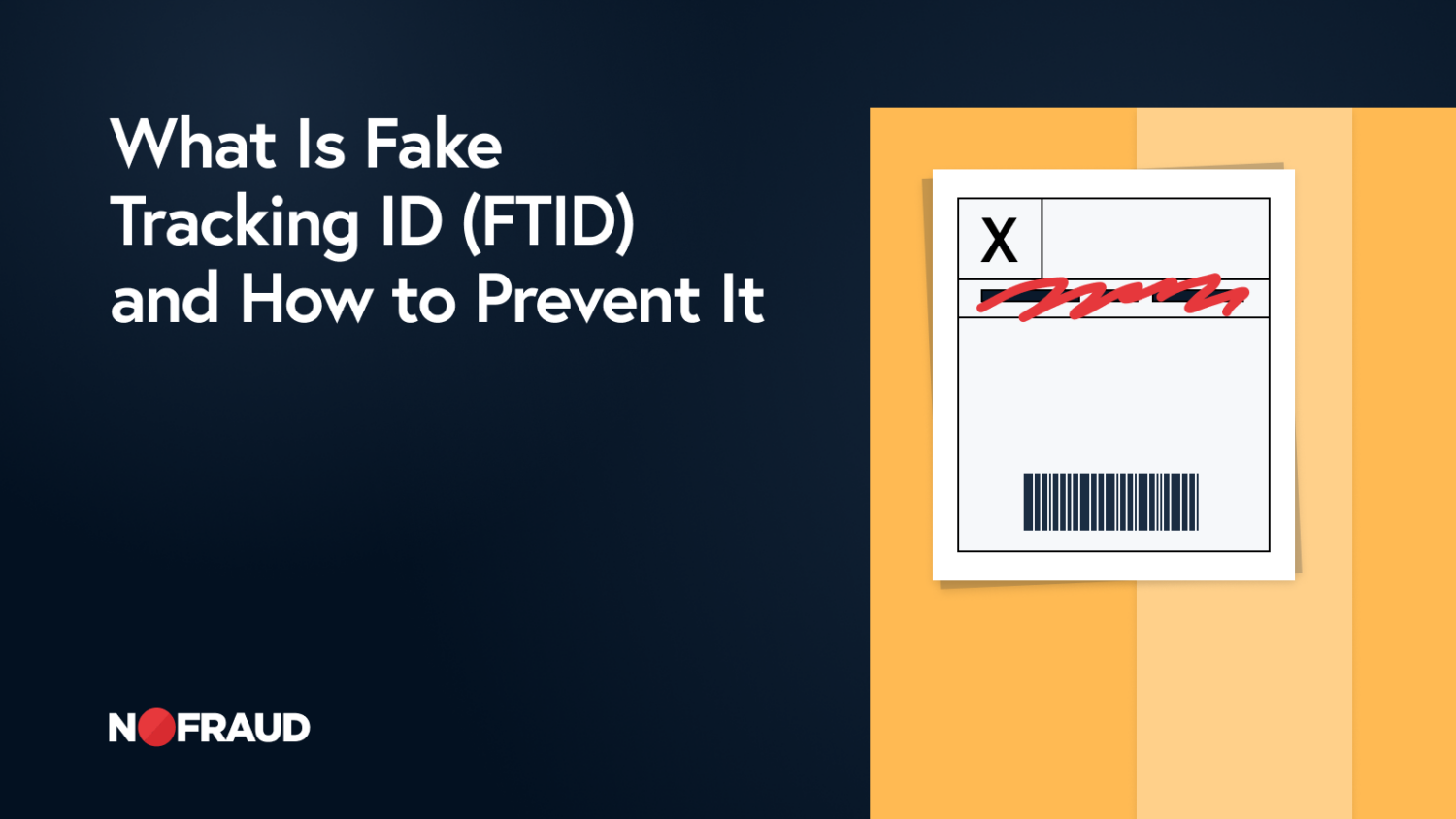Website spoofing refers to the malicious act of creating a fake website or webpage that mimics the design, interface, and functionality of a legitimate site. The purpose of spoofed sites is usually to deceive visitors into believing they are interacting with the real website or ecommerce brand, often with the intent of stealing sensitive information such as login credentials, financial data, or personal identity details. Spoofed websites can be strikingly similar to the originals, employing similar URLs (often with subtle misspellings or character substitutions), logos, layouts, and content to trick users. This technique is commonly used in phishing attacks, where attackers lure victims to these fake sites through deceptive emails or social media messages, exploiting their trust to gain unauthorized access to accounts, commit fraud, or distribute malware.
Glossary Term1 min read


